Nội Dung Chính
Page 125
be going to
| Affirmative | Negative |
| I'm going to start. He / She / It's going to start. You / We / They're going to start. | I'm not going to start. He / She / It isn't going to start. You / We / They aren't going to start. |
We make be going to with the auxiliary verb be plus going to plus the base form of the main verb. Be changes with the subject.
We're going to listen to some Brazilian music.
He's going to win the talent show.
We make the negative with the negative form of be.
I'm not going to watch the concert on TV.
They aren't going to dance to that song.
Usage
We use be going to to talk about a definite plan to do (or not to do) something in the future.
She's going to learn the guitar next year.
We're going to play the piano later.
She isn't going to buy tickets for the show.
will and be going to
Usage
We use be going to to talk about definite future plans which we have decided. We use will to talk about predictions for the future.
Plan: I'm going to meet my friend at the concert.
We're going to sit near the front.
Prediction: I think the concert will be exciting.
The band will definitely play some new songs.
be going to: questions
| Questions | Short answers | |
| Affirmative | Negative | |
| Am I going to start? Is he / she / it going to start? Are you / we / they going to start? | Yes, I am. Yes, he / she / it is. Yes, you / we / they are. | No, I'm not. No, he / she / it isn't. No, you / we / they aren't. |
| Answers | ||
| Where is she going to stand? What are we going to sing? | She's going to stand in the middle. We're going to sing a folk song. | |
To make questions with be going to, we put be before the subject.
Is he going to start a new band?
Are you going to learn the drums?
Are we going to see that famous singer?
Question words such as When, Where or Who go at the beginning of the question.
When is the show going to start?
Where are you going to stand at the concert?
Who are you going to sit with at the show?
We use the verb be (without going to) for short answers.
Are you going to learn the violin?' 'No, I'm not.'
We don't use short forms for positive short answers.
'Is he going to play the keyboards?' 'Yes, he is.'
'Yes, he's.'
Present continuous for future arrangements
Usage
We use the present continuous for future arrangements to describe future events that we have decided and fixed.
I'm meeting my friends this evening.
I will meet my friends this evening.
They're playing a concert in Istanbul in August.
They play a concert in Istanbul in August.
We often use the present continuous for future arrangements with a time expression.
I'm cooking dinner at 7.00.
We're seeing Alexander on Friday.
They're playing tennis after school.
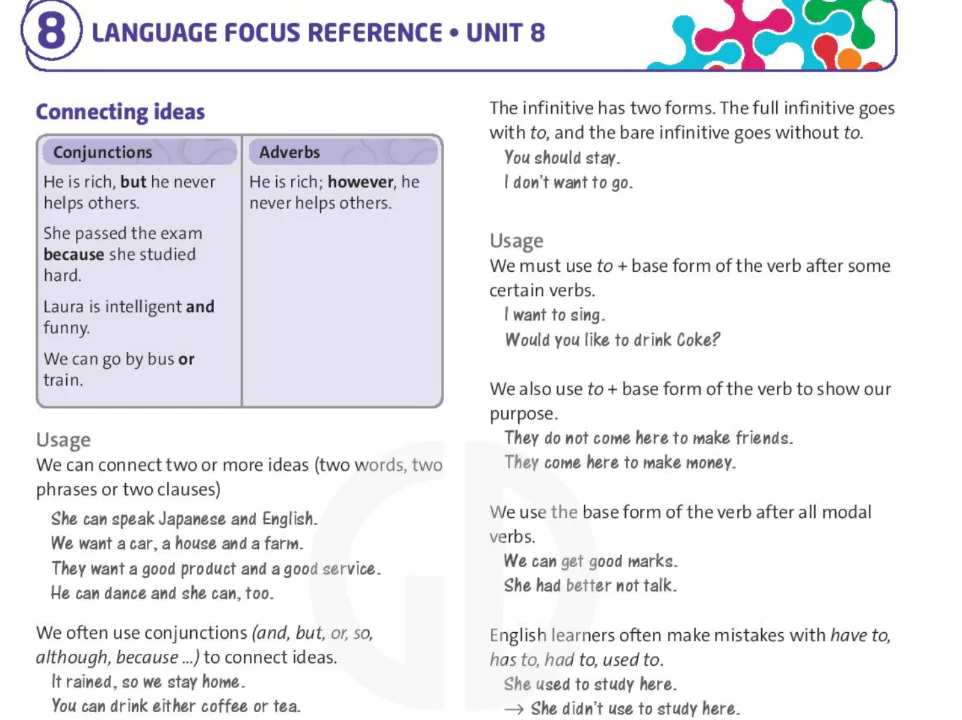
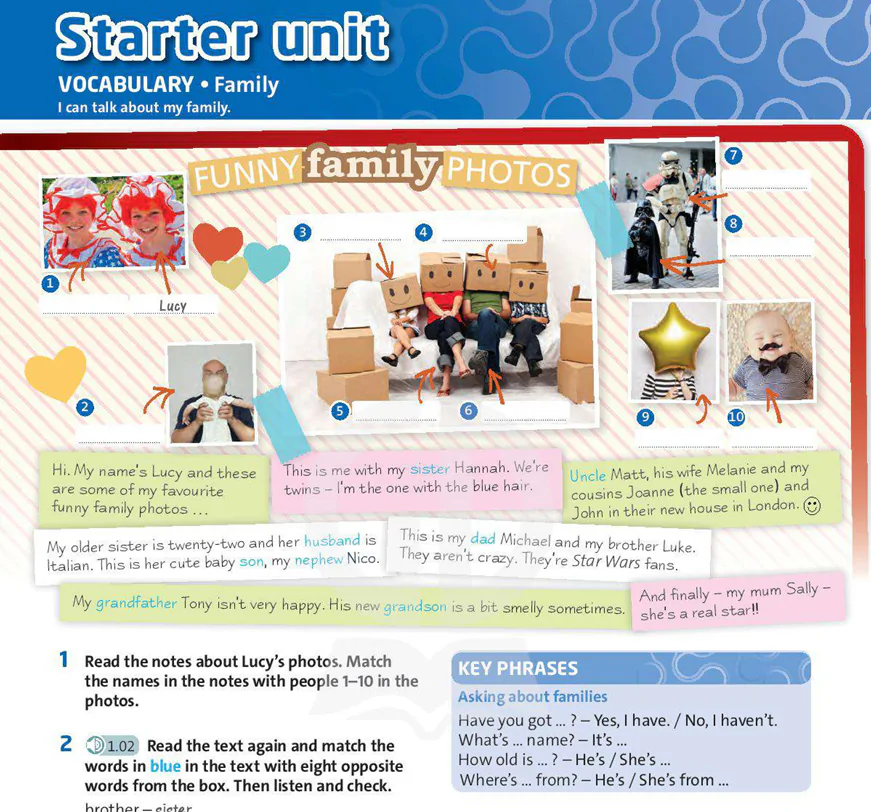
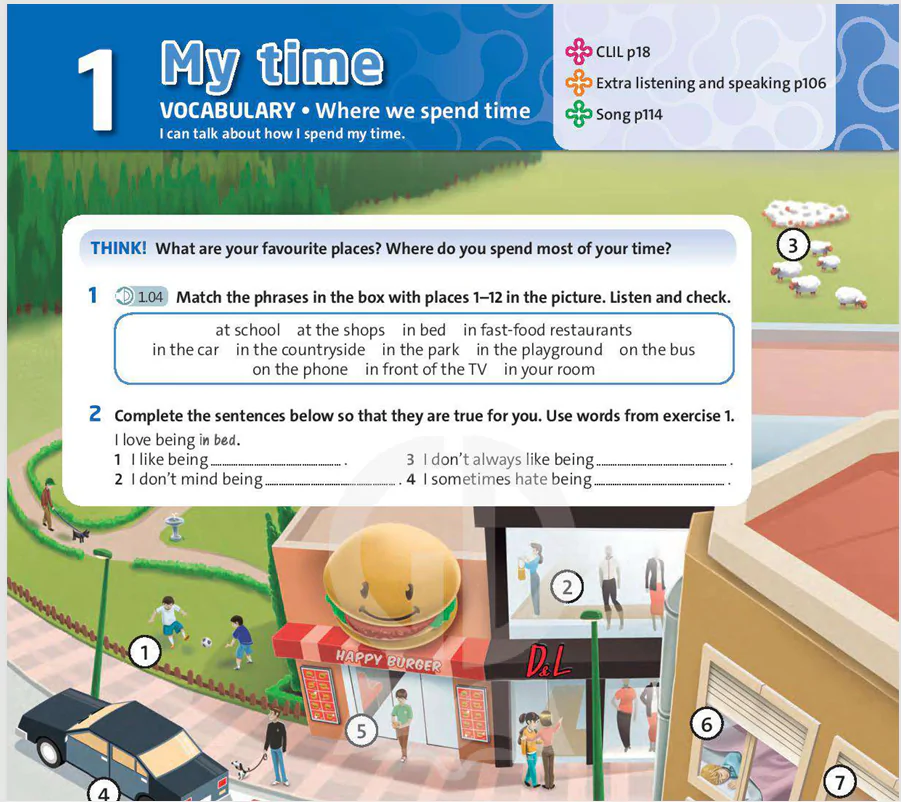
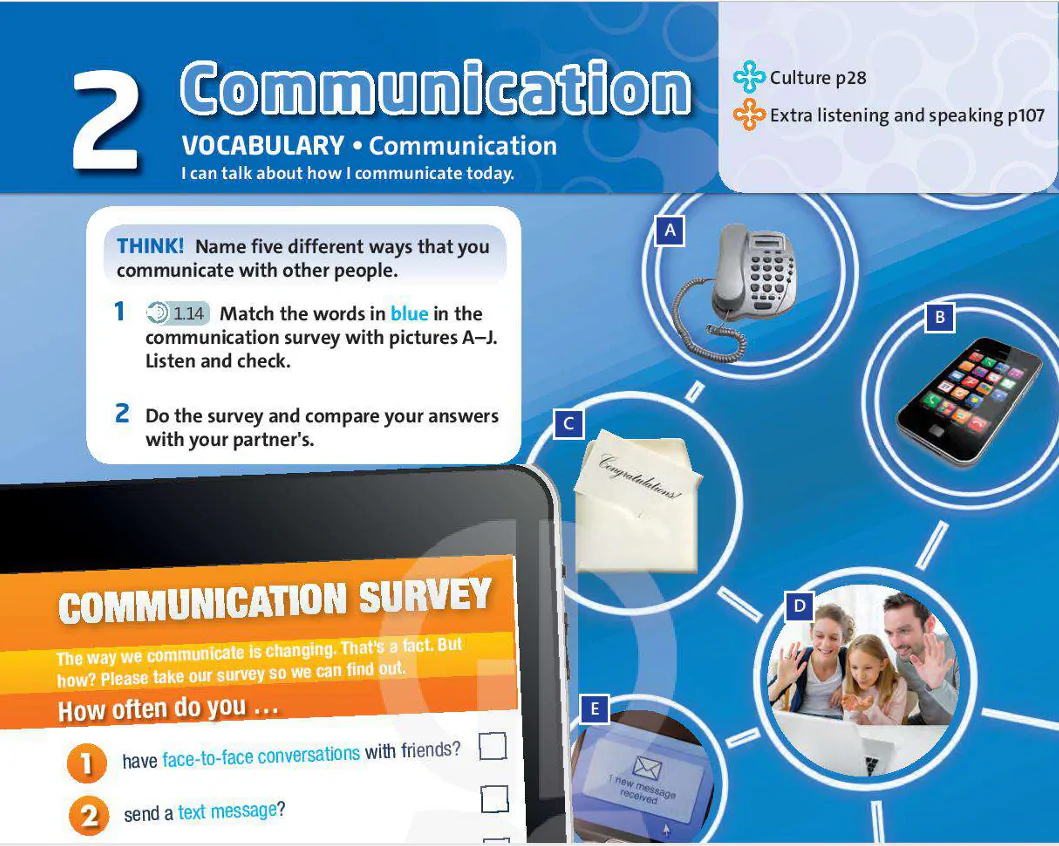
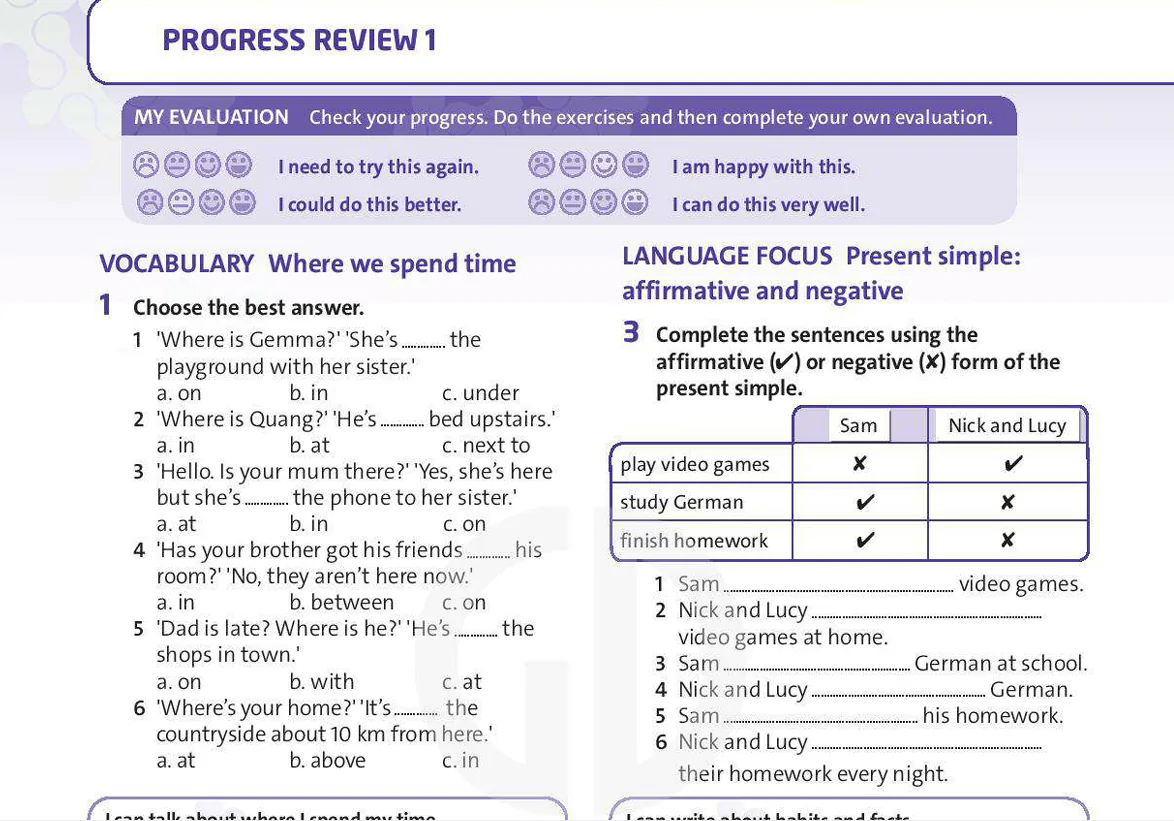
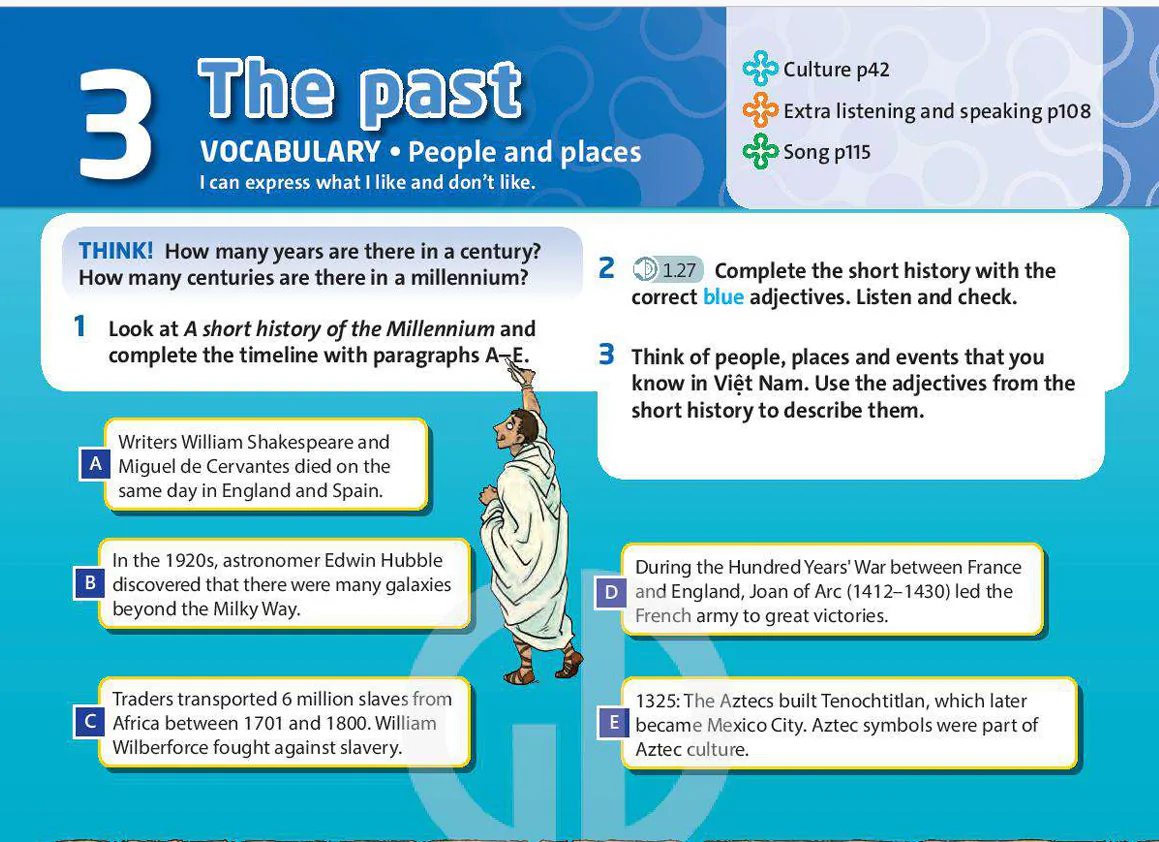
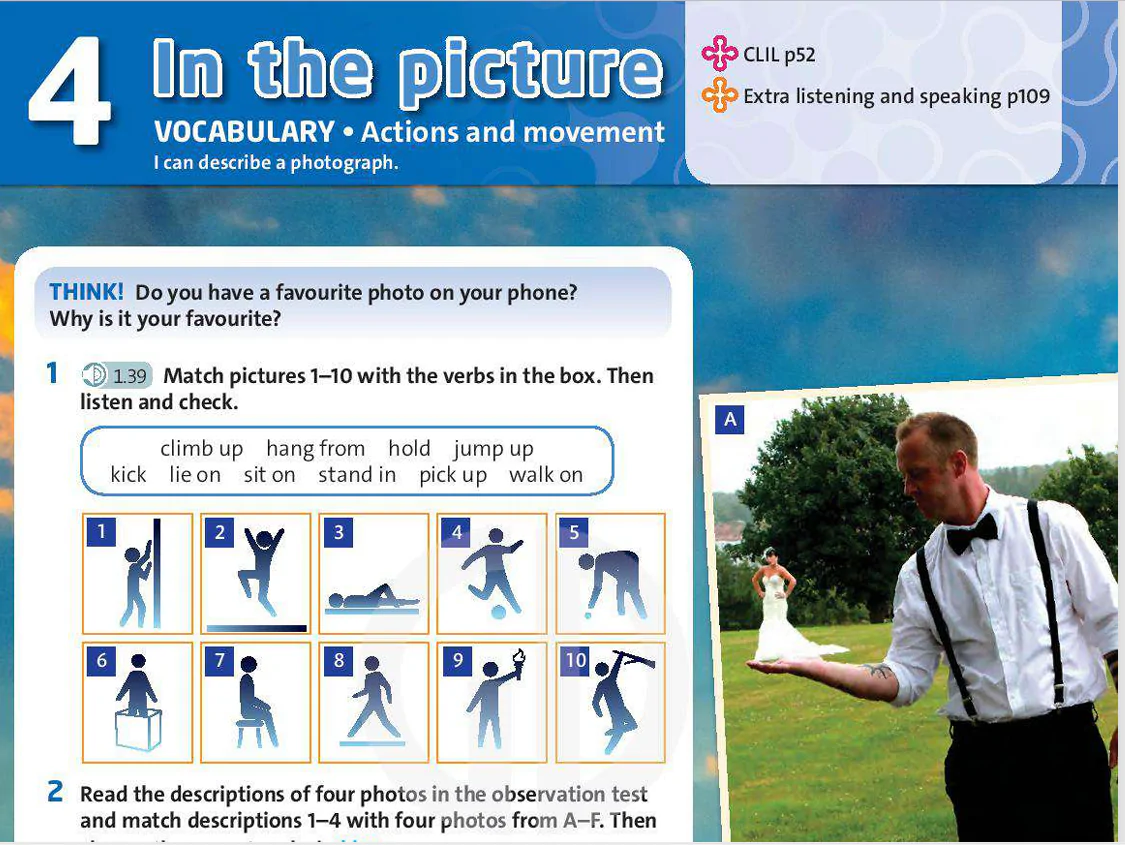
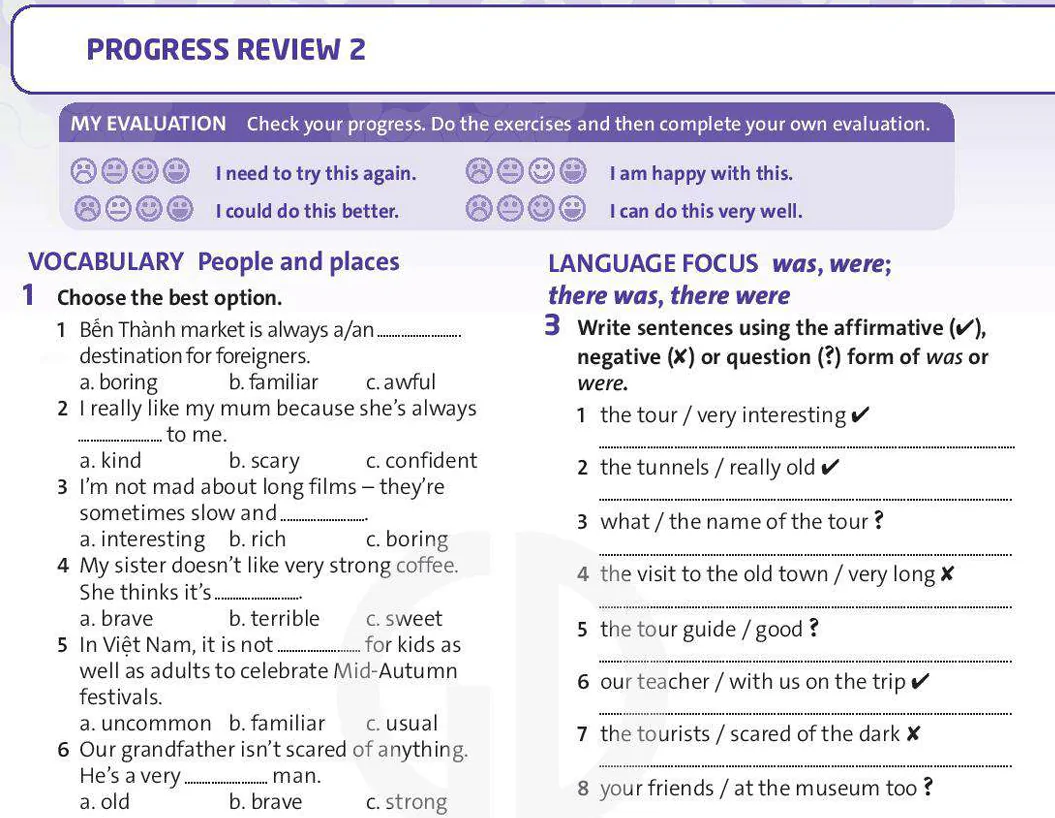
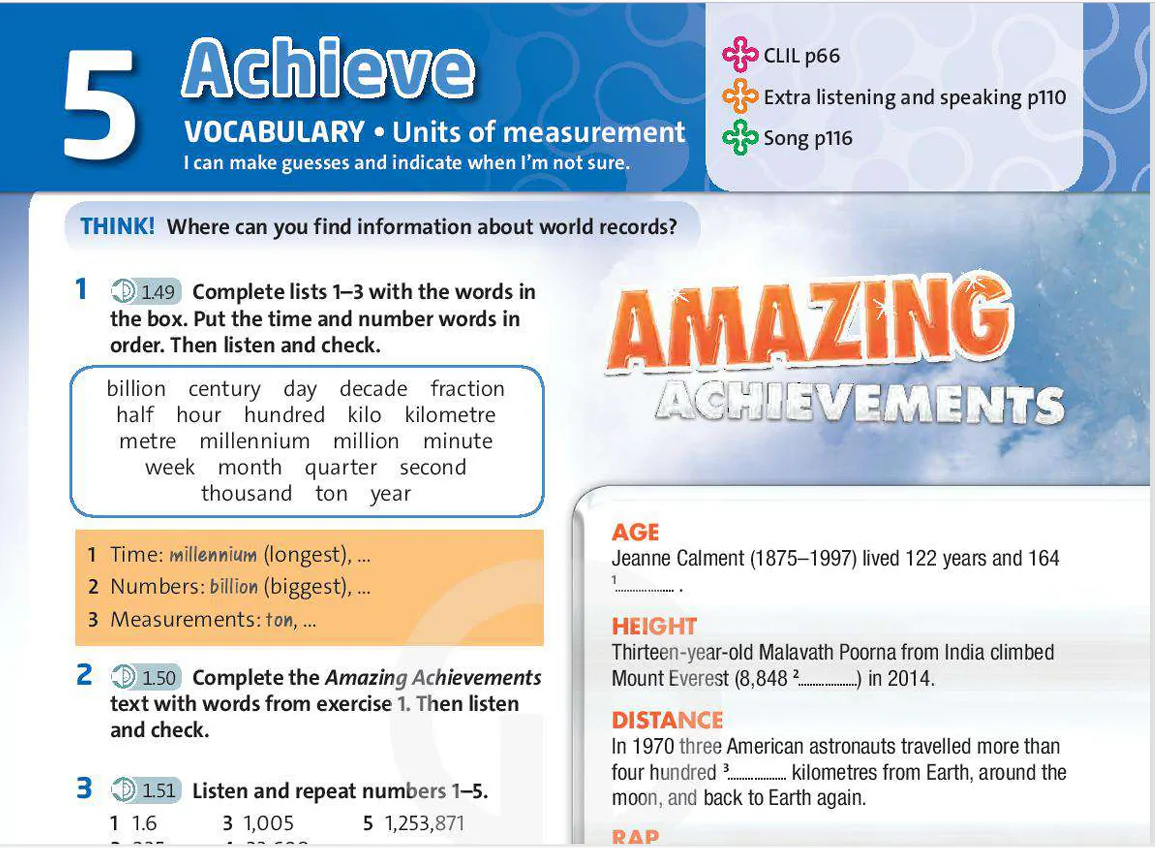
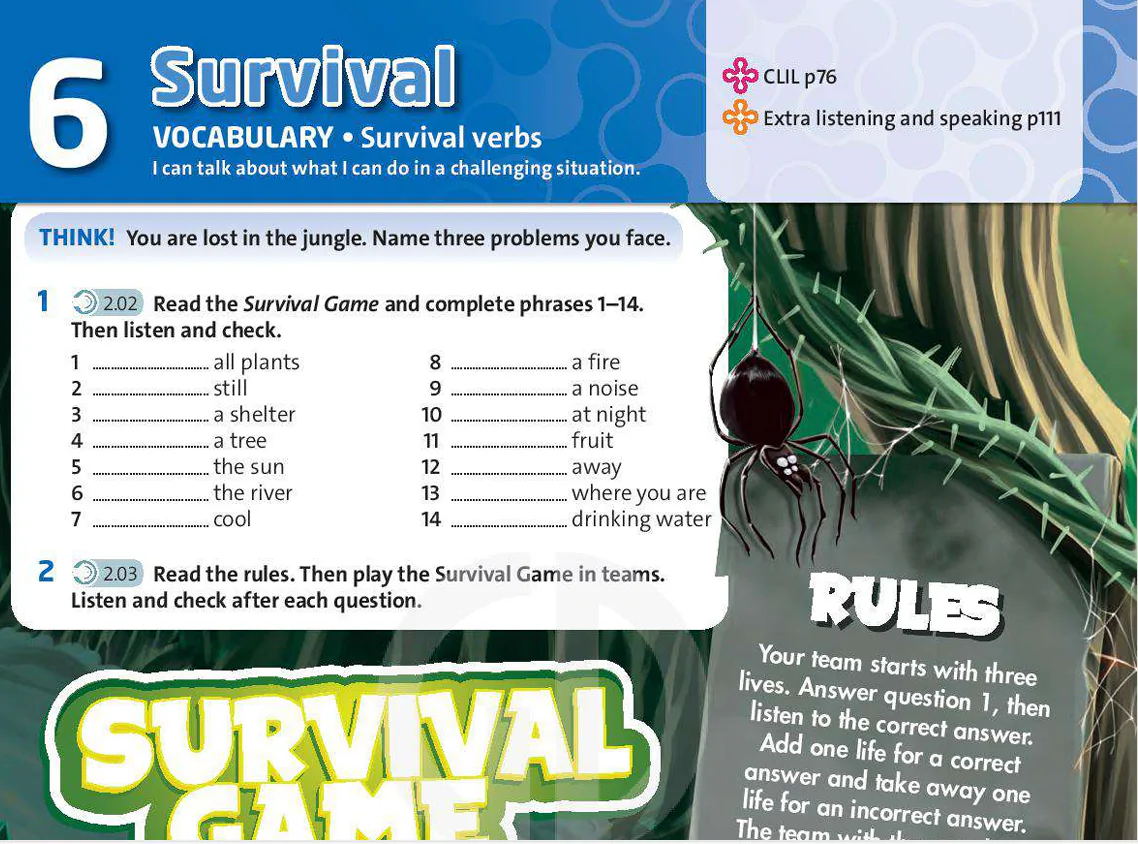
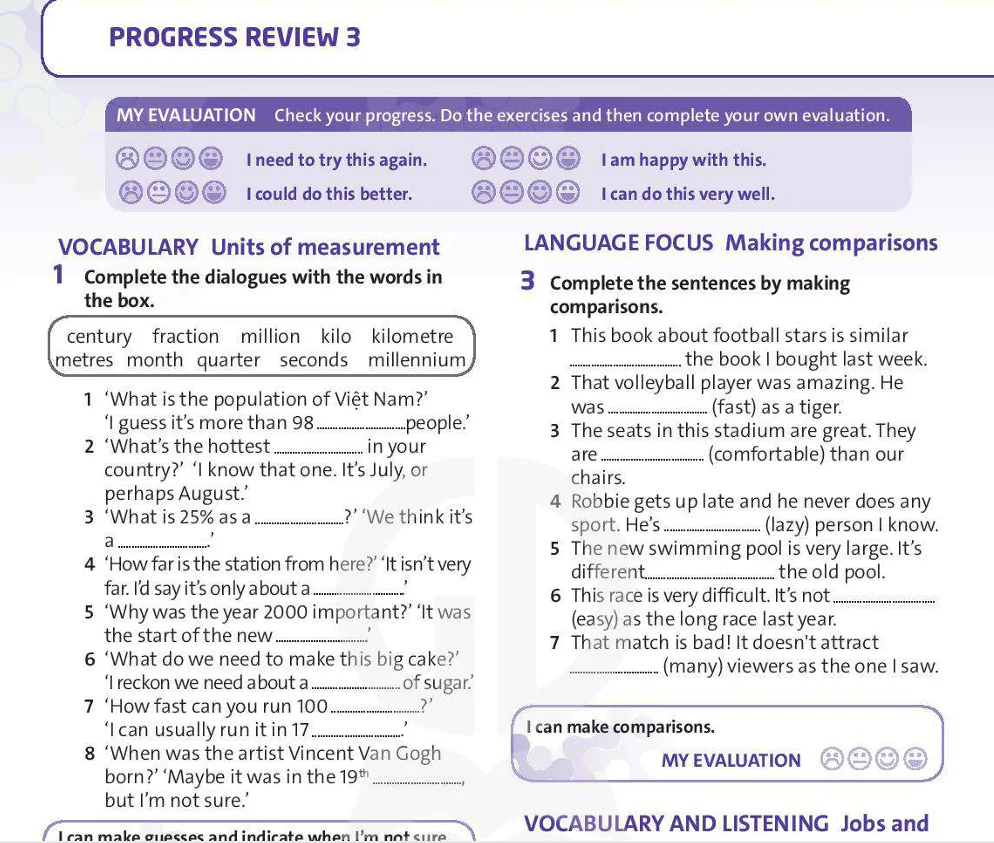
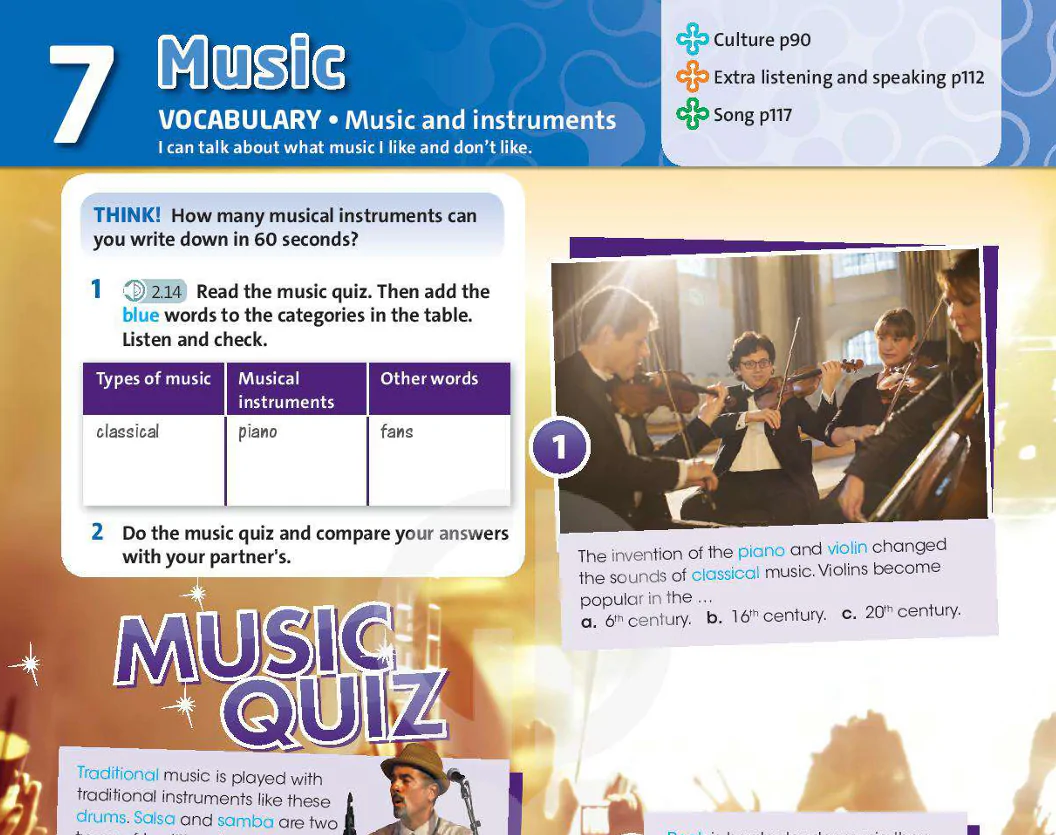
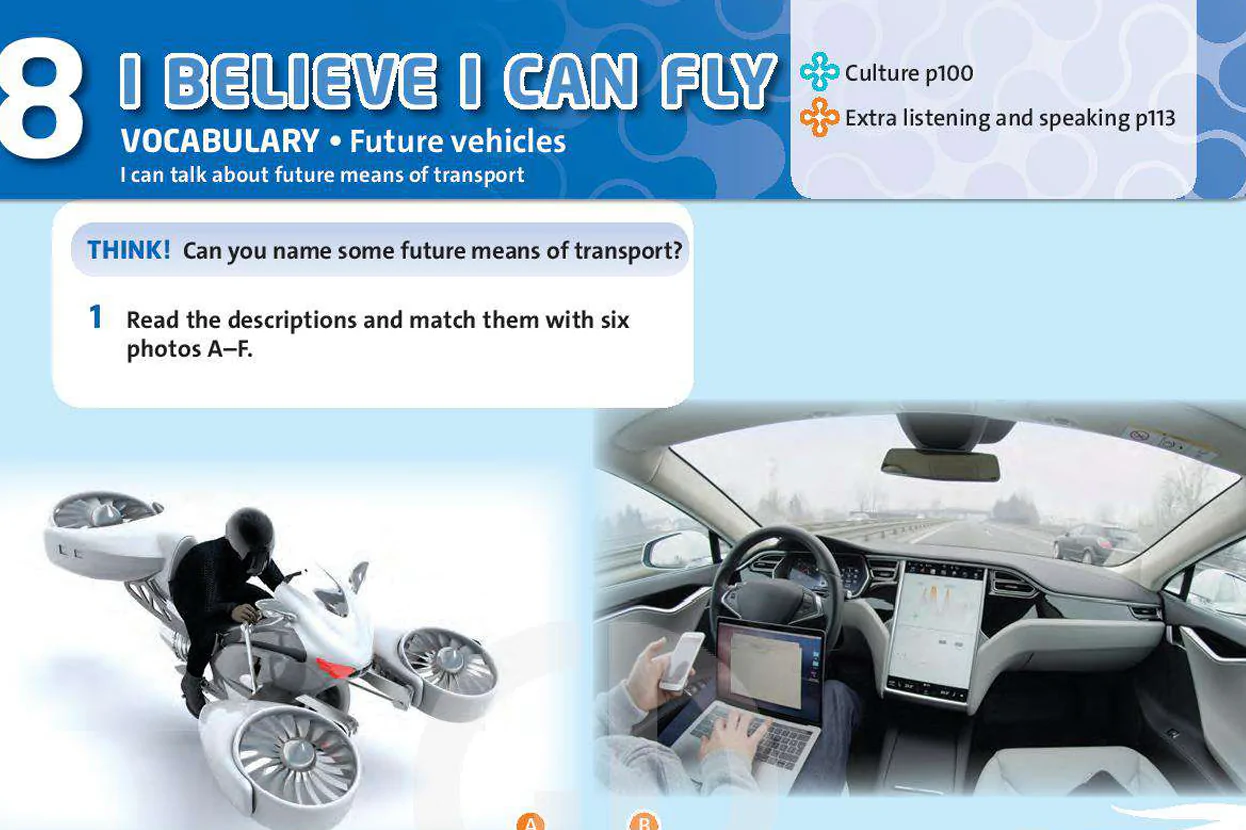
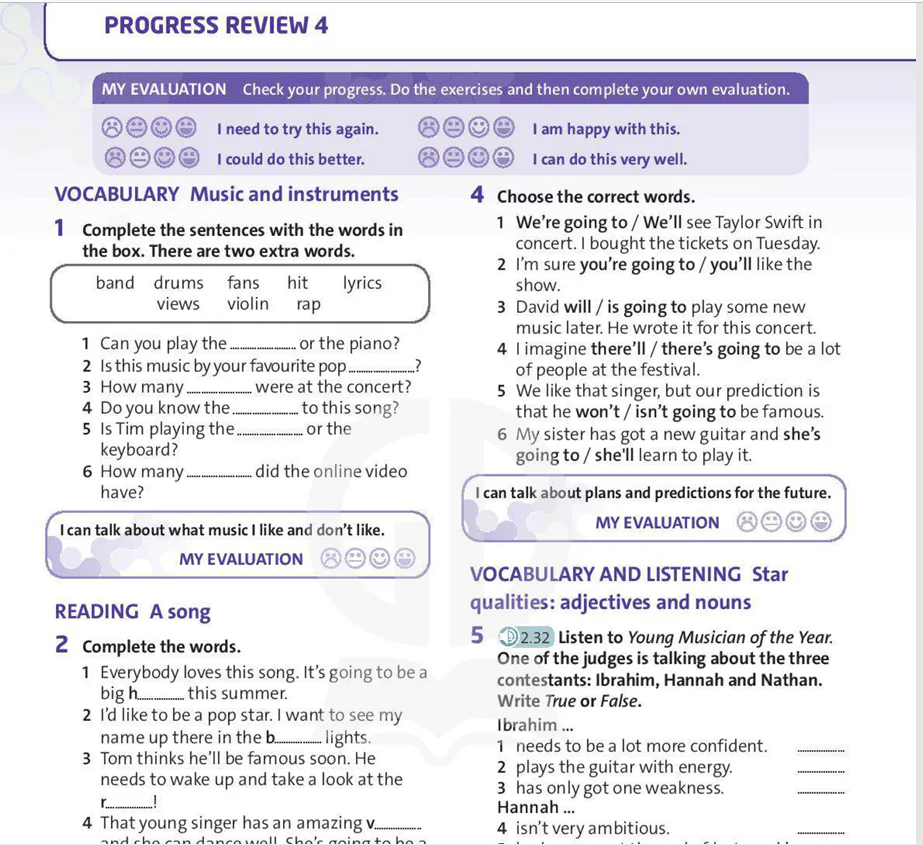
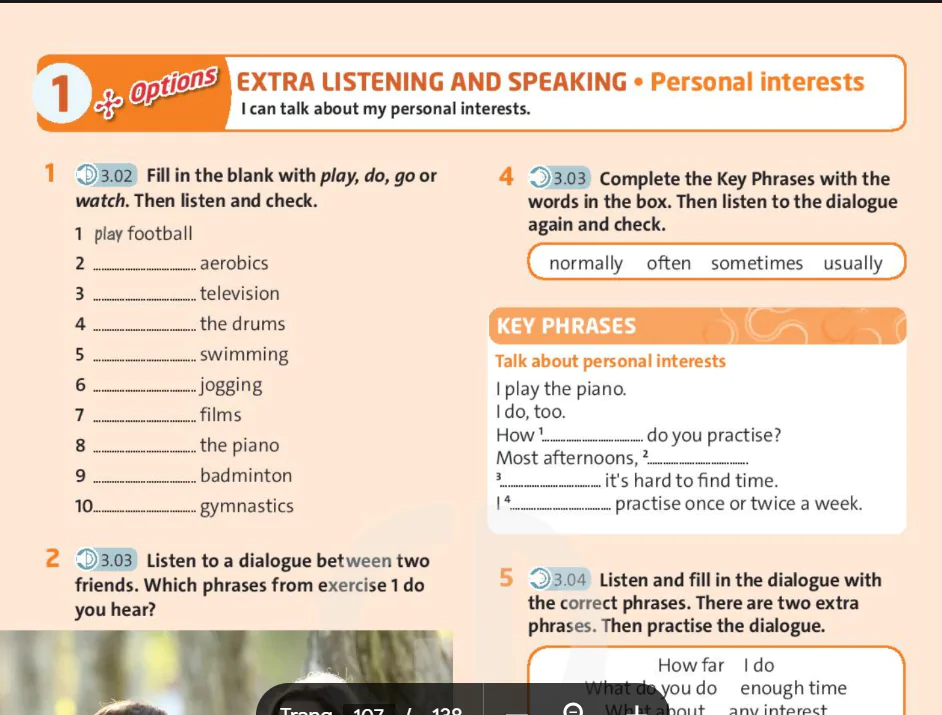
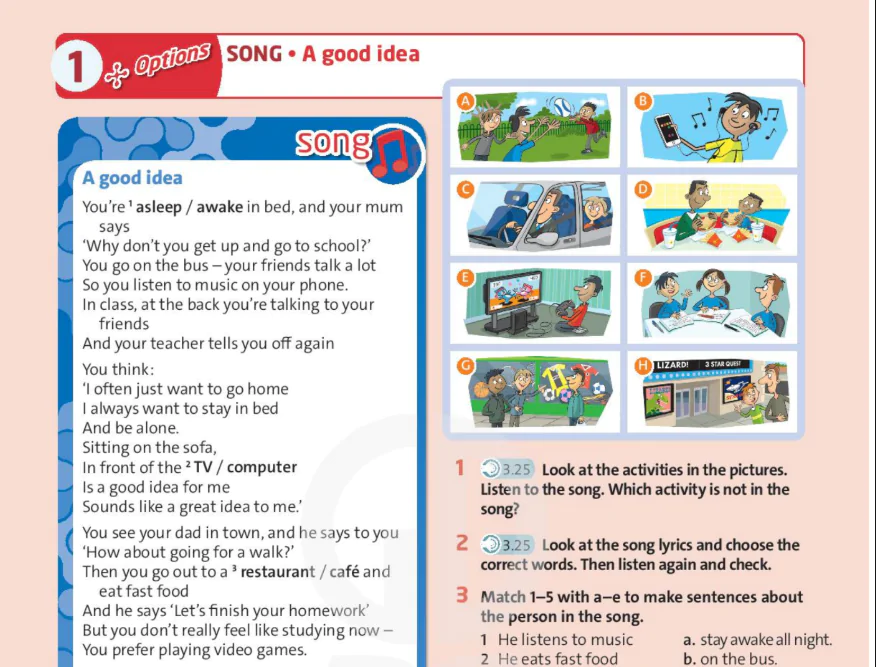
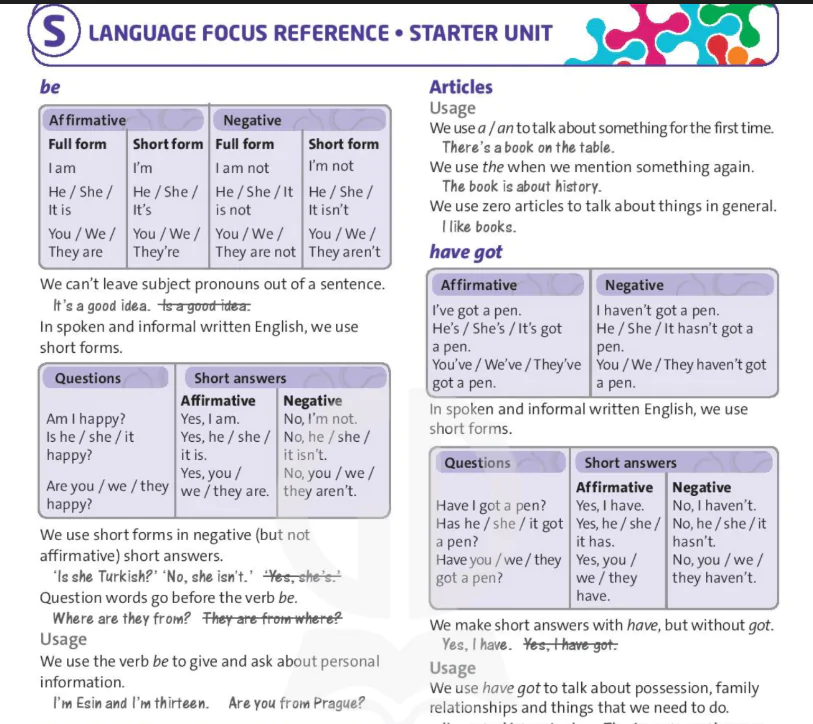
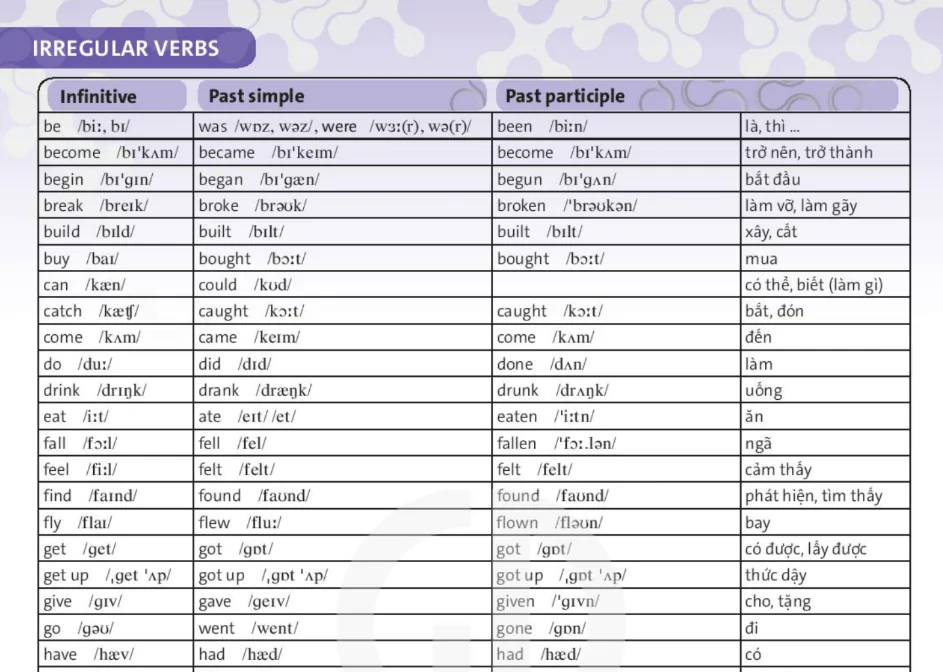
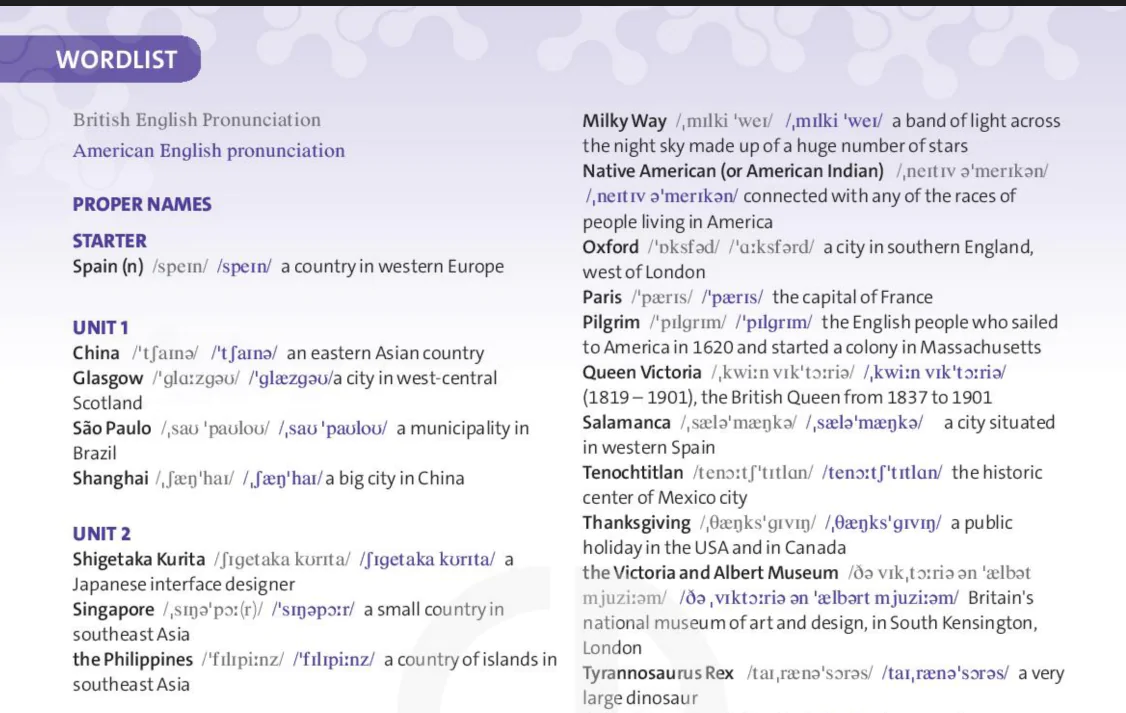



















Bình Luận
Để Lại Bình Luận Của Bạn